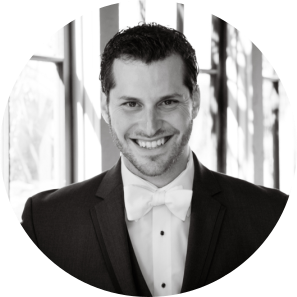Marcos Pelenur, Queens, 2009-2010
Marcos works in the natural resource sector with public policy, professional engineering and sustainability behaviour change experience.
Prior to the MPhil, Marcos studied electrical engineering from Queen’s University, Canada, and worked as an energy management Project Manager in New Zealand. Following the MPhil, Marcos continued his studies with a PhD from the Centre, which focused on the intersection between engineering, energy policy and behaviour change.
After graduating in 2013, Marcos worked as a Policy Advisor and Research Fellow with the Behavioural Insights Team, UK Government Cabinet Office. Marcos left the team as Head of Energy and Sustainability and returned to New Zealand to take up a Principal Policy Advisor role with the Energy Markets Policy team at the Ministry for Business, Innovation and Employment (MBIE), New Zealand Government. Currently, Marcos is the Policy Manager for the Resource Markets Team at MBIE.
Dissertation title:
A study of energy management and its effect on well-being: can we thrive by using less energy?'
Students report:
Why did you do the ESD MPhil?
I did the ESD MPhil to broaden my skills and improve my understanding of sustainable development, as well as learn how to conduct academically rigorous research.
I met great people along the way and loved every moment of the experience. The MPhil was deeply rewarding and enabled me to take my career in a new direction.
How did it help you?
As well as gaining a much richer and holistic understanding of sustainable development, I was able to use the MPhil and PhD to move into the public sector and policy advice.
What are you doing now?
I am the Policy Manager for the Resource Markets Team at MBIE, responsible for managing the economic development policy of New Zealand’s natural resource sector.

